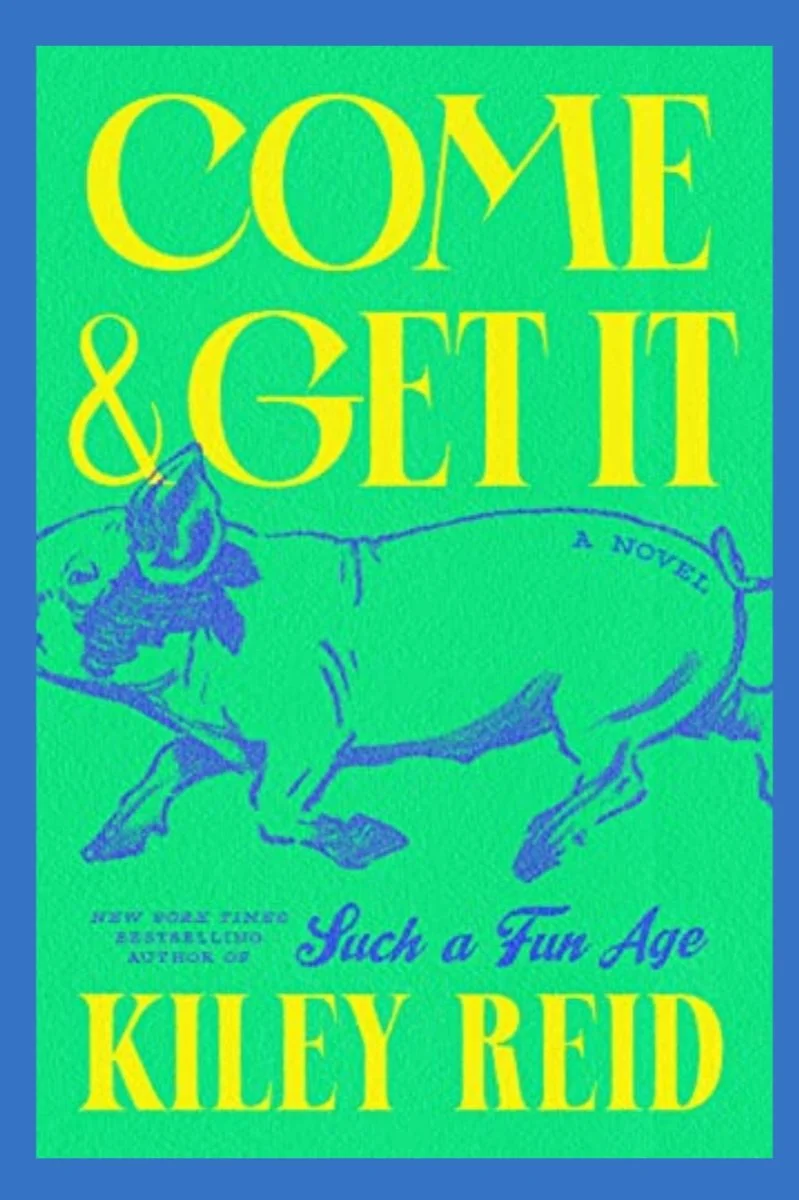Yes, Daddy – Jonathan Parks-Ramage
Expectation: A queer #MeToo revenge thriller rooted in the worlds of BDSM, wealth and privilege.
Reality: B-movie sensibilities that feel incoherent and for shock value pivot to an engrossing exploration of repercussions from religious and sexual trauma.
My Take:
I went into “Yes, Daddy,” expecting to hate it.
The paltry rating on Goodreads, paired with divisive discourse among the #Bookstgram community, is precisely why I wanted to read it, for no other reason than to offer my own scathing critique.
And, for the first 50 percent of the novel, Jonathan Parks-Ramage was on track to earn it.
At various points I was ready to DNF it, but I soldiered through in a fashion akin to hate watching “And Just Like That,” frustrated by how campy and bad it is while still finding its messiness endearing.
Cliched dialogue and stereotypical portrayals of gay men — not to mention an over-the-top narration by typically reliable audiobook all-star Kevin R. Free — had me struggling to connect with Jonah Keller’s plight as a struggling playwright in New York City seducing the successful, and much older, multi-hyphenate Richard Shriver for his big break.
The pages are filled with demon twinks, a whole digression about lusting after Jesus’ portrait and an allergic reaction to shellfish that made the truly horrendous moments — Jonah’s experiences with human/sex trafficking by a cabal of pedophilic millionaires — far less thrilling than they should have been.
However, once Jonah escapes, and we flash forward several years, “Yes, Daddy” morphed into an engrossing story about celebrity culture, victimhood, media sensationalism and religious trauma.
The novel completed a tonal shift from B-movie melodrama to an engrossing satire that would make a nice, queer companion to R.F. Kuang’s “Yellowface” (although Kuang is a more gifted writer).
By the end I was left truly astonished, not just by the events within the story, which are heavily rooted in sexual assault, rape and suicidal ideation, but by how effectively Parks-Ramage salvaged it from the dumpster fire of mismatched ideas and unlikable characters.
The shift occurred when he began to peel back the layers of Jonah’s religious upbringing, which culminated in months of conversion therapy and a lie that tore his family apart, essentially creating estrangement and strain from his parents. It was realistic and heartbreaking without being sensationalized, and it explained why he was so eager to fall in with Richard and his crew of depraved criminals.
What I expected from “Yes, Daddy” was a #MeToo revenge fantasy, but what I got was a scathing critique of how some factions of Christianity continue to disrespect and disregard their kin and the lifelong trauma this creates.
In other words, this went heavy and deep and became something I did not expect, which was, honestly, captivating. Had Parks-Ramage remained more focused on the intimacy of the story versus its scope early on, this would’ve been a surprise hit for me.
Even with a stronger back half, “Yes, Daddy” is not without its faults.
There was a bit too much packed into Jonah’s post-Hamptons life and some of it still veered into unbelievable territory. Yet, when all is said and done, this was far better than the ratings would lead you to believe.
With that said, readers who struggle with sexual violence or shy away from religious themes will want to steer clear of this one. And, for the record, it’s not a mystery nor a thriller.
Rating (story): 3/5 stars
Rating (narration): 3/5 stars
Format: Audiobook (library loan)
Dates read: August 8 – August 13, 2023
Multi-tasking: Good to go. The beginning is a frantic mess of characters and situations, so it’s a little confusing, but it levels out by the middle and is perfect for any activity.





